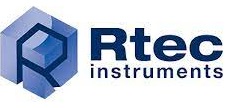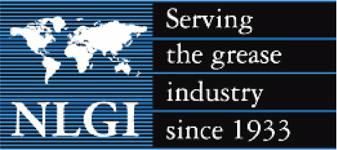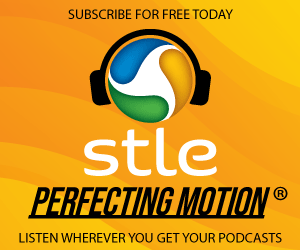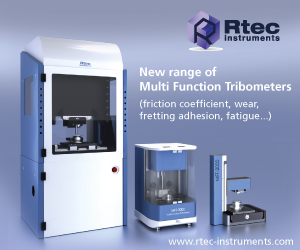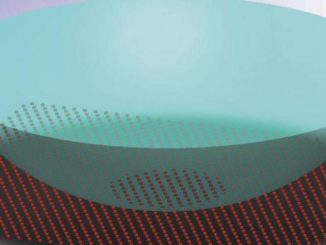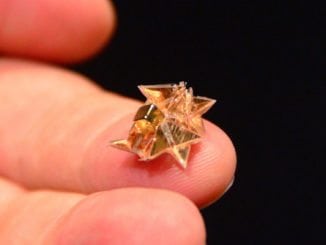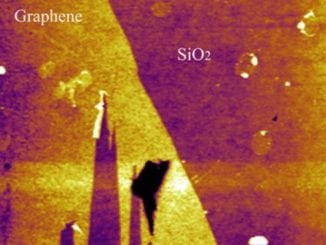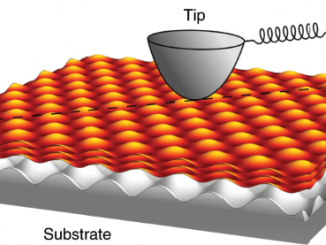Administration of the project
Multiscale Biomechanics and Tribology of Inorganic and Organic Systems in Memory of Professor Sergey Grigor’evich Psakhie
Location
Institute of Strength Physics and Materials Science, Tomsk, Russia
Date
ORGANIZERS
Georg-Peter Ostermeyer
Technische Universität Braunschweig, Germany
Valentin Popov
Technische Universität Berlin, Germany
Evgeny Shilko
Institute of Strength Physics and Materials Sciences SB RAS, Tomsk, Russia
GENERAL INFORMATION
The International Workshop “Multiscale Biomechanics and Tribology of Inorganic and Organic Systems” will be held as part of the International Interdisciplinary Symposium “Hierarchical Materials: Development and Applications for New Technologies and Reliable Structures” on October 2, 2019 in Tomsk, Russia.
This Workshop is dedicated to the memory of Sergey Grigor’evich Psakhie. He passed away on December 22, 2018 – unexpectedly, full of energy and with many plans for the future of the Institute of Strength Physics and Materials Science which he had been heading since 2002.
Sergey Psakhie was a remarkable person and the great scientist. He was a visionary, a theoretician and practitioner all in one person. He used his empathy and expertise to help other people find and develop their talents and did his best to support them. People who had the chance to get to know him on a personal level found in him a constant source of inspiration. He was an exciting contributor to professional discussions, a real analyst and philosopher. His death came as an enormous, incredible loss for science, for the institute and for all his colleagues and friends across the globe.
With this upcoming workshop, we wish to celebrate the remarkably diverse field of Sergey Psakhie’s scientific interests and projects, and discuss ways in which they can be continued in the future. In his last years, Sergey Psakhie developed a particular interest in the biomedical applications of materials science and tribology. For example, he led several highly successful projects on the bioactive properties of low-dimensional metal oxide nanoparticles, with applications including wound healing, tumor suppression and antibiotic properties. Shortly before his untimely death, he initiated a further interdisciplinary project on “Active Bio Contact Mechanics”, with the goal of developing non-invasive methods of stabilizing and regenerating natural joints and cartillage, as an alternative to surgical intervention. For this reason, biomedical applications of materials science and tribology form the focus of the workshop.
However, medical applications were the tip of the iceberg of Sergey Psakhie’s research interests. They included various topics in nanotechnology, but also geotribology and earthquake dynamics; classical materials science and fracture mechanics; computer simulation methods, including the Method of Cellular Automata and Molecular Dynamics methods for the simulation of soft matter – hard matter interactions; various technological developments in aerospace and other branches, including nondestructive testing and additive manufacturing. These and other topics, which are too numerous to be listed here, are also welcomed at the workshop.
OBJECTIVES
The Workshop aims to continue and further develop the studies initiated and supported by Prof. Sergey Psakhie in the fields of active biocontact mechanics, mechanics and tribology of organic and inorganic media, biological effects of nanomaterials and low-dimensional structures, nanoscale effects within the interfaces of hard matter–soft matter, new additive manufacturing methods and non-stationary metallurgy, biotechnology and related topics.
KEY TOPICS
I –Active bio contact mechanics and nanobioengineering
- Contact mechanics of cartilage
- Models for wear and mechanically induced growth of bones and cartilage
- Lubrication of natural joints
- Contact mechanics of porous fluid-filled media
- Transport of nutrition in cartilage
- Biomolecular mechanisms of cell and tissue growth
- Interaction between nanomaterials and bio-objects
- Hierarchical nanomaterials for biomedical applications
II – Mechanics and tribology of organic and inorganic media
- Tribology of ductile and brittle materials
- Physics of soft matter and hard matter – soft matter interfaces
- Adhesion of biomatter and selective adsorption of biomolecules
- Physics of nanoconfined matter
- Particle and discrete element methods
- Geomechanics and earthquakes
- Hierarchically organized structures in molecular biology
- Hierarchical organization of geodynamic objects
- Numerical simulation methods for multi-scale and multi-field problems
- New hierarchically organized materials in mechanical engineering and related technological achievements
WORKING LANGUAGE
English
Further information can be found here.




